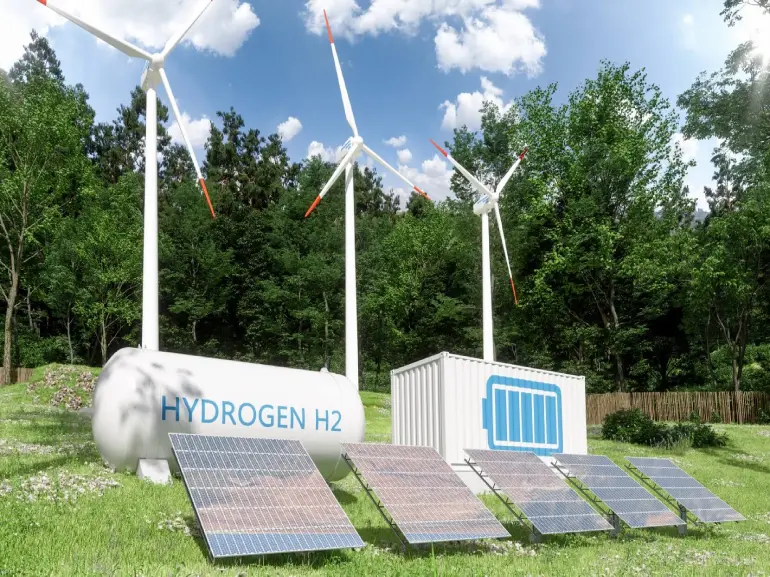The world runs on oil. It’s a crucial source of energy that has powered virtually anything on this planet. Although it’s not the only viable energy source, countries still rely on fossil fuels. Because it’s easy to store oil and gas; further developments have to be made in clean energy sources, like solar and wind, to ensure their stability.
The problem is the world doesn’t have time to wait for clean energy to stabilize. Why? The Earth continues to suffer from global warming and climate change, and the world worries under the looming threat of oil running out.
When Will the World Run Out of Oil?
There are 1.6 trillion barrels of proven oil reserves in the world. We consume more than 97 million barrels of oil a day, that’s more than 35 million barrels per year. If we don’t slow down on fossil fuel consumption, the world will have to live on 50 years of supply. This is not counting potential oil spills.
The American Petroleum Institute in 1999. estimated that the world would exhaust its reserves between 2062 and 2094. But this calculation was based on the world having 1.4 and 2 trillion barrels. The Cambridge Energy Research Associates in 2006 projected that 3.74 trillion barrels still remain. Another calculation estimates 2067 as the year when the world could exhaust its oil reserves.
But whatever year it is and whether it happens in our lifetime, the bottom line is that the world cannot go on with its current consumption. Even before this scenario, oil shortages are happening across the globe, creating soaring gas prices and long lines at gas stations.
The best possible scenario would be for us to find a way to transition to using clean energy sources, like wind and solar energy, before nonrenewable sources run out.
Nonrenewable Sources of Energy
There are four main types of nonrenewable sources of energy namely oil, coal, natural gas and nuclear energy. The categories that fall under fossil fuel are coal, oil, and natural gas.
Crude oil or petroleum is a liquid fossil fuel used to produce diesel and gasoline. This is made up of hydrocarbons or hydrogen and carbon compounds and can be found in underground reservoirs.
Coal is a solid fossil fuel that comes in four main varieties with different carbon content namely lignite, subbituminous, bituminous and anthracite. Coal generates power plants and heats homes, in addition to providing jobs for communities.
Natural gas is widely used in homes or in heating systems and is mostly methane. It’s found near oil deposits or porous and permeable rock beds and can be accessed via drilling. The development and refinement process of natural gas makes it a threat to the environment, exacerbating air and water pollution.
Nuclear energy originates from radioactive elements like uranium. These elements are extracted from ore and then refined and made into fuel.
Alternatives to Fossil Fuel

Many countries and establishments are actively campaigning for renewable energy. Advancements in technology have made it possible for humans to harness electricity from sources other than fossil fuel.
Alternative sources like solar, wind and hydropower are viable candidates as replacements for fossil fuels. Green hydrogen systems are also becoming more popular as more companies are investing in research and development in the field of green hydrogen energy.
These alternative sources of energy are not just environmentally friendly but are also infinite and renewable.
Limiting Our Dependence on Crude Oil and Other Fossil Fuels

Fossil fuels have served their purpose, however, we also have paid too high a price to be able to use this resource.
An estimated 80 percent of the energy the world uses comes from fossil fuels. Pretty soon we’ll not just run out of it, but the carbon footprint along with other harmful chemicals it will leave behind will eventually poison, kill and pollute other resources.
The bright side is that more and more countries and major establishments are becoming aware of the problem and are actively solving this issue.
But the average person can do something now. If doable, switch to solar energy in powering your home. At the least, consume only what you need, from land to food to energy. And be an eco-conscious consumer when choosing your products and services. Because only when we actively participate now in highlighting the need for renewable resources do future generations stand a chance at life.


